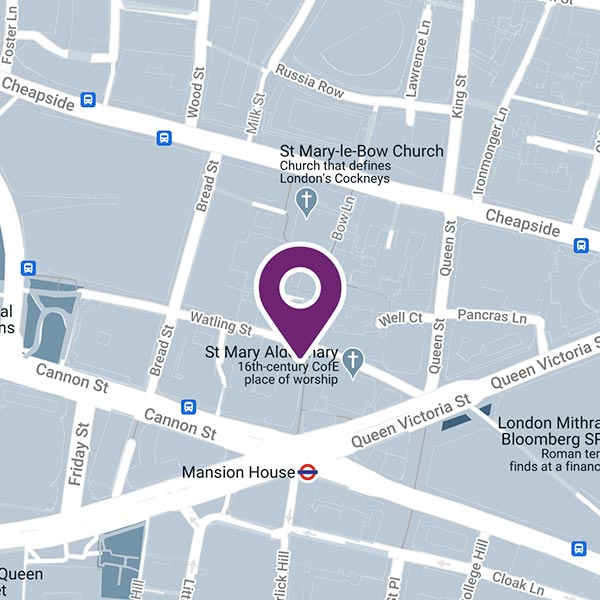Diversity, equity, and inclusion (DEI) initiatives are increasingly important in the modern workplace, but they cannot be achieved overnight. Rather, they require a long-term commitment from leadership and all organisational levels. According to Ella F. Washington, a professor of practice at Georgetown University’s McDonough School of Business and author of “The Necessary Journey: Making Real Progress on Equity and Inclusion,” organisations tend to follow predictable stages on the DEI journey in sequence. After years of research on diversity, inclusion, and equity, she has identified five key stages of DEI maturity: aware, compliant, tactical, integrated and sustainable.
The first stage, awareness, is the starting point for becoming more intentional about DEI within an organisation. This stage may be triggered by external events such as legal action or public criticism or by internal events such as a traumatic incident. At this stage, companies may make public statements about their commitment to DEI, but they must be honest about their DEI efforts internally, especially with leadership. It is essential for leaders to understand the personal importance of DEI, set a collective internal vision for DEI work, and choose a specific tactical goal to focus on. Companies should also recognise their current level of DEI maturity and avoid comparing themselves to companies that are further along in the process.
The second stage, compliance, involves meeting legal and regulatory requirements for diversity, such as equal employment opportunity laws. This may include implementing diversity training and mentorship programs, setting up scorecards, and using performance scores to determine bonuses. While compliance is necessary, it is vital for companies not to get stuck in this stage and to set goals that go beyond compliance targets.
The third stage, tactical, involves executing DEI initiatives such as employee resource groups and teams that institute DEI processes. While progress may be made in changing the culture at this stage, there is still a lack of a strategic DEI approach that drives the entire business. To move beyond this stage, it is important to define an overarching DEI strategy, standardise DEI efforts across different units, connect DEI work throughout the organisation, and consider the full sphere of influence of DEI efforts on internal and external stakeholders.
The fourth stage, integration, involves fully integrating DEI into all aspects of the organisation's operations and culture. This includes aligning internal and external efforts, connecting top-down and bottom-up efforts, and considering the impact of DEI on all stakeholders. At this stage, DEI is integrated into the organisation's decision-making process and is considered in all policies and practices.
The fifth and final stage, sustainability, is achieved when DEI is fully integrated into the organisation's culture and operations and is no longer seen as a separate initiative. A strong DEI leadership team is in place, regular data collection and analysis is used to track progress and identify areas for improvement, and systems are in place to hold the organisation accountable for its DEI commitments. The organisation is also committed to ongoing learning and improvement, recognising that DEI is an ongoing process. At this stage, the organisation is able to sustain its DEI efforts over time and create a truly inclusive culture.
In brief, DEI initiatives are becoming increasingly important in today's corporate world, but they aren't something that can be achieved overnight; it takes time and dedication to reach full maturity in terms of DEI progress. By understanding these five stages—awareness, compliance, tactical implementation, integration, and sustainability—companies can ensure that their efforts towards creating an equitable workplace are successful long-term investments rather than short-term projects destined for failure.












